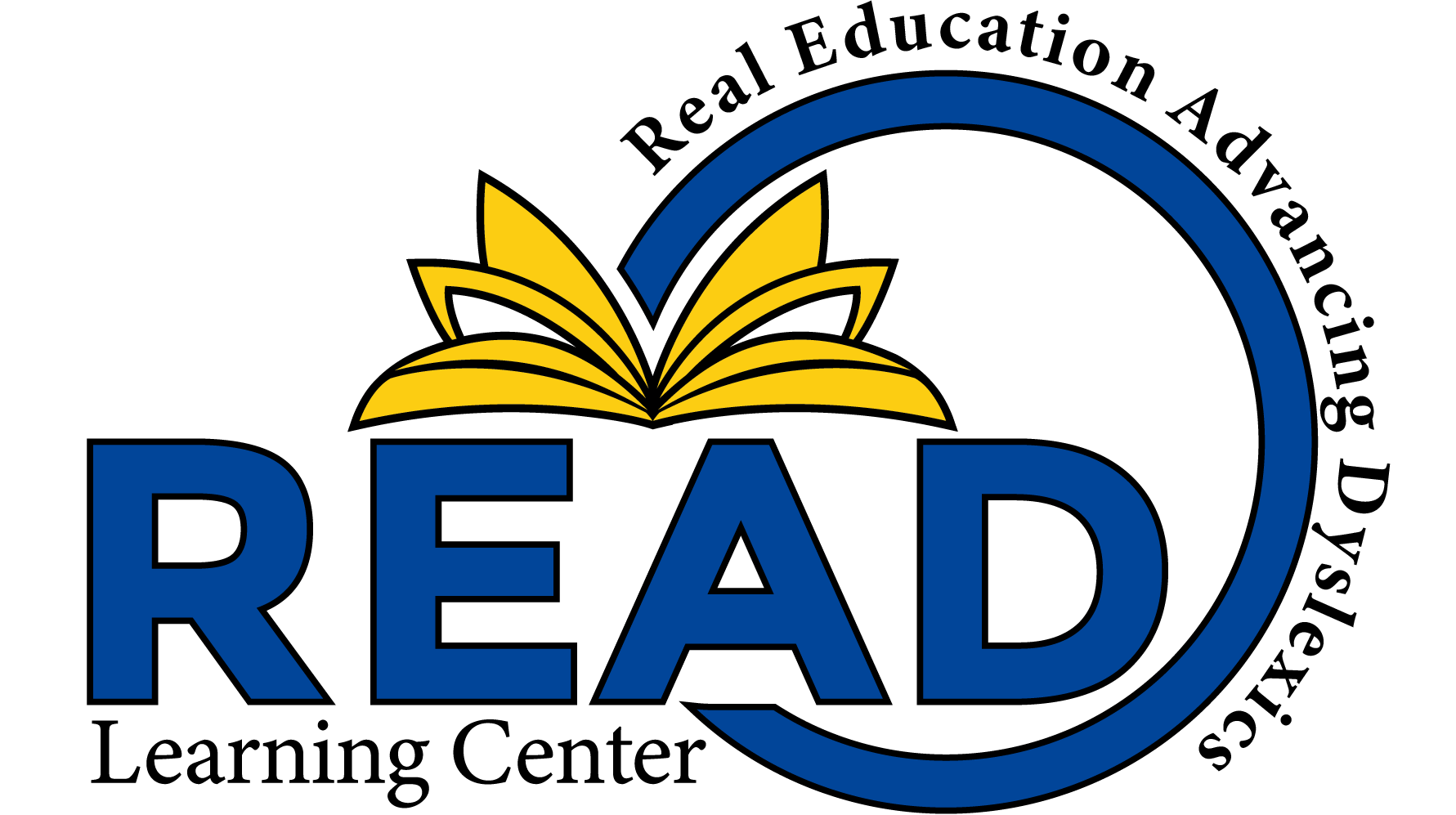Sometimes, working on improving your child’s literacy skills can feel overwhelming.
However, take comfort in knowing that today’s literacy programs have dramatically improved literacy rates. Two hundred years ago, only 12% of adults could read. Since then, we have come a long way.
Knowing where your child is in their skill development is vital to improve literacy skills. Incorporate assessments, either in schools or via an education center like ours.
Here is an explanation of reading assessments, why they are an essential aspect of educational progress, and why and how to incorporate them into your child’s literacy program.
Table of Contents
What Are Reading Assessments?
A reading assessment is a central part of understanding literacy levels and checks a child’s progress on their reading capability.
Every child moves along a literacy path at a different rate. Nevertheless, the assessment provides an objective overview of where each child currently sits on that pathway.
The first reading assessment usually takes place when a child starts school, which provides the teacher with a baseline.
Reading assessments check more than whether a child can read the word on the page. They consider speed and fluency. Assessors also watch for how the child sounds out unfamiliar words using phonics knowledge.
Assessments also check the child’s level of comprehension. Can they understand and explain what happened in the text they read?
Assessments can be formal or informal. A more formal evaluation often includes a checklist for an assessor to complete. But informal assessments can happen anytime a teacher reads one-on-one with a child.
What Are the Benefits of Reading Assessments?
There are plenty of reasons for a child to go through regular reading assessments. Here are some benefits:
It Helps Teachers Plan Literacy Lessons
When teachers have a clear picture of the literacy needs in their classroom, it helps them create learning objectives and lesson plans to support any gaps in literacy and work at a level where the children are engaged and interested.
These assessments also help gauge whether the lessons are working and effective. If a follow-up assessment does not show progress, the teacher can adjust the lesson plan accordingly.
Children Will Read Books at the Most Suitable Level
The sweet spot for literacy is finding a book that is gently challenging for the reader but not overly complicated.
If you ask a child to read a book far beyond their reading level, it will leave them feeling deflated and frustrated, putting them off reading in the future.
Conversely, if you give children books to read that are too easy, they will not improve their current reading skills and quickly become bored and distracted.
It Helps Comprehension Skills
When a child reads at the appropriate level for their ability, it helps boost comprehension skills.
The child will find some content challenging enough to force them to think about how to interpret the paragraphs. Still, the comprehension won’t be beyond their reading level.
Children Will Enjoy Reading More
When children read at the right level, they will discover more enjoyment from reading as a fun pastime, not simply a mandatory school activity.
Approaches to a Reading Assessment
We have touched on the idea of formal vs. informal assessment. Now we’ll examine the different ways you can assess a child’s reading progress:
Letter Naming assessment: This assessment is for early-level readers. The assessor will hold up a letter and ask the child to name that letter. A more advanced evaluation will show a mix of upper and lower case letters.
Phonics assessment: Phonics assessments take a similar approach to a letter assessment. But this time, the child will be asked to identify the letter sounds, either single letters or blended.
High-frequency word assessment: High-frequency words appear regularly in texts, such as and, the, it, and from. This type of assessment will test a child’s knowledge by asking them to read a set of high-frequency words.
Decoding assessment: You can use a decoding assessment to measure progress and check for various components of reading, including phonics, word knowledge, fluency, and comprehension.
Fluency assessment: Fluency involves listening to a child read aloud. You can use this assessment to note speed, accuracy, and expression or prosody.
Reading comprehension assessment: A comprehension assessment checks whether the child understands what they read. You can choose a pre-prepared text and questions to determine the child’s comprehension level.
When to Give Your Child a Reading Assessment
Reading assessments should be a regular part of literacy objectives. Here is an outline of the assessment stages you need as a minimum.
Initial Screening
Screenings happen when a child starts school and, ideally, at the start of each new academic year. They form a baseline for ability but are not diagnostic.
If a child is behind, teachers might follow up this screening with a more diagnostic-led assessment to help narrow down specific issues.
Progress Screenings
Progress screenings happen regularly to see how a child performs. It will review the baseline or previous assessments and check whether that child is still on track with their literacy progress.
Diagnostic Screenings
Diagnostic screenings are typically for children at risk of falling behind peers with their reading and require regular assessments to identify, monitor, and troubleshoot specific reading issues.
Outcome Screenings
Outcome screens are standardized assessments taken by all children at a specific age, for example, their last year of elementary school or high school.
These tests and assessments measure how the child performs against their peers and expectations for that age group. It also helps measure the school’s performance in teaching students literacy skills.
Moving Forward With Children’s Literacy
A lifelong love of books is a joy and gift for everyone. The proper assessments can lead to the right literacy program to help overcome childhood reading challenges. The long-term benefits are worth it.
For more information about how to support your child’s literacy skills development through after-school tutoring or to get a formal reading assessment, contact us to take the first step in understanding your child’s reading challenges.

